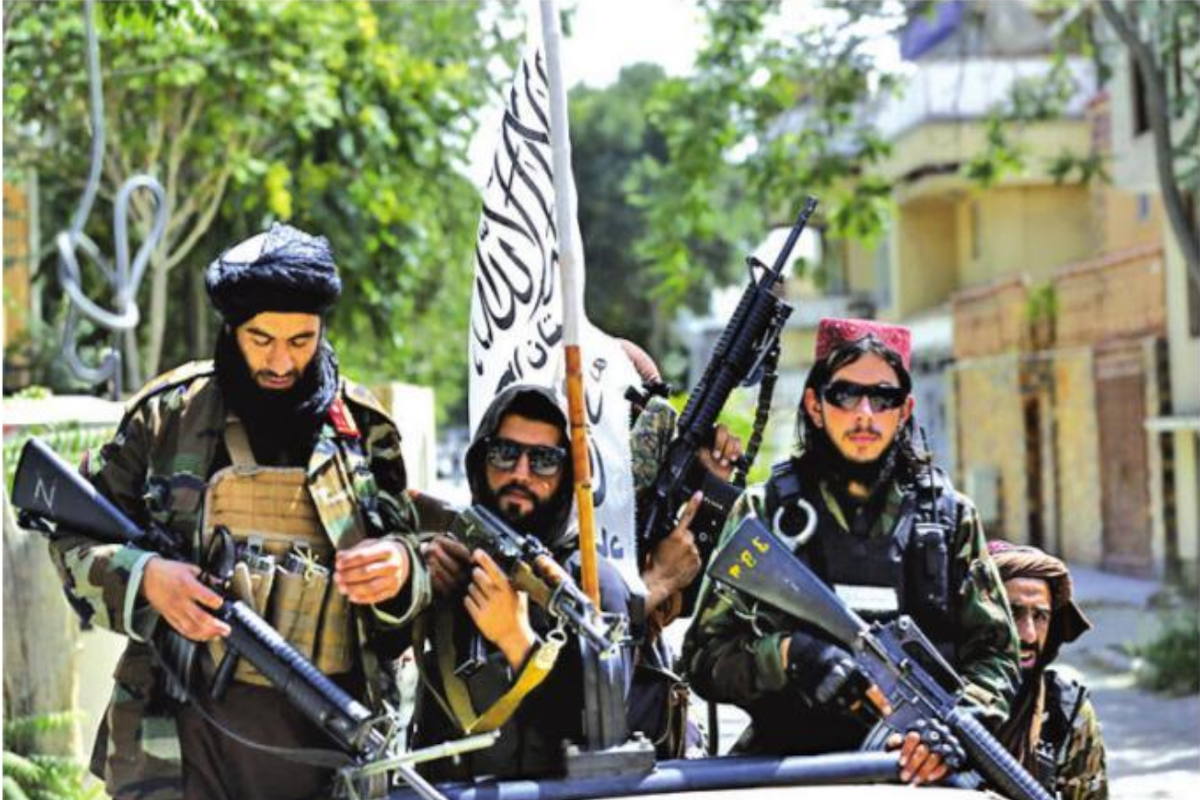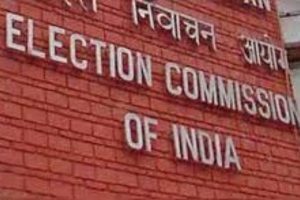The Tehreek-e-Taliban Pakistan (TTP), battling Pakistani forces in Waziristan, has in an announcement warned Pakistani soldiers that if they do not resign, they would be attacked. Its statement read, “Our fight is only in Pakistan where we are at war with Pakistani security forces.” The Baloch and Islamic State (ISIS) have also intensified their attacks, taking a cue from the TTP. This has worsened ties between Pakistan and the Taliban- led Afghan government.
The withdrawal of the US from Afghanistan and the takeover of Kabul by the Taliban led to celebrations across Pakistan. For Islamabad’s strategic community, India’s loss of influence in Afghanistan was like a breath of fresh air, as Pakistan presumed that India supported anti-Pak terrorist groups. Pakistan believed that it had finally regained its strategic depth.
Advertisement
So thrilled was Imran Khan that he stated, “Afghanistan has broken its shackles of slavery.” His party spokesperson, Neelam Sheikh, in a TV debate, commented, “The Taliban are saying that they are with us, and they will help us in Kashmir.”
Pakistan had supported, sheltered and funded the Taliban for 20 years and expected it to repay by dis- mantling anti-Pak terrorist groups including the TTP and Baloch organisations. Sheikh Rashid, the then interior minister stated, “These top Taliban leaders were born in Pakistan, and they got an education in Pakistan. We have taken care of them for a long time. We have done everything for them.” The DG ISI, Faiz Hameed, flew into Kabul in full public glare to push the creation of a pro-Pakistan government. Pakistan’s foreign minister, SM Qureshi, became their global voice and organized summits, including the OIC, to raise funds for Afghanistan. Pakistan believed it had defeated the US.
Not even a year and the dream lies in tatters. Attacks on Pakistan camps from Afghan soil are on the rise. The TTP are provided support by
the Taliban. Clashes along the Durand Line between Pakistani and Afghan troops are regular. A frustrated Pakistan was compelled to launch air and artillery strikes into Afghanistan, killing 47 Afghans, lead- ing to an angry response from Kabul, including lodging a protest at the UNSC. Pakistan countered by demanding that Afghanistan must stop militants from using their soil. China requested both sides to ‘resolve their differences through talks.’
Pakistan has lost over 100 security personnel in TTP attacks this year alone. The Taliban takeover has emboldened the TTP, and its cadre has risen from 3,000 to 5,000-6,000. Pakistan’s attempts at talks with the TTP collapsed after a month’s ceasefire. Talks have recommenced, though a solution is unlikely. The question being asked is why have celebrations turned into regret.
The primary reason is that Imran Khan, in conjunction with the Ex-DG ISI, Faiz Hameed, began direct negotiations with the TTP. The Pakistan government and the army were on different pages on the TTP’s demands. Imran was willing to grant amnesty and release TTP prisoners, while the army was not. Even within the country, there was opposition to the government acceding to its demands. While Pakistan accuses the Taliban of supporting the TTP, Afghanistan states that it will never “allow anyone to use Afghanistan’s territory against other countries, particularly against its neighbours.”
The second reason is the Taliban’s unhappiness over the fencing of the Durand Line. The Taliban never recognized it and demanded an open border to enable free movement of Pashtuns residing on both sides disputing Pakistan’s claims that it was intended to curb illegal crossings, smuggling and move of militants. Exchange of fire between the Taliban and Pakistani forces as also dismantling of the fence by the Taliban are regular features.
The third reason is Pakistan regularly blackmails Afghanistan. The Indian offer of food grains and medicines, transiting through Pakistan, was kept in limbo for two months in an attempt to pressurize the Taliban. India has yet not been able to despatch the promised amount due to Pakistan’s restrictions. Pakistan intentionally delays the movement of Afghan goods bound for Indian and Pakistani markets through its border crossings by periodically closing them, leading to losses for Afghan traders, and angering Kabul.
Fourth, there is frustration at Pakistan’s attempt to interfere in Afghanistan’s internal affairs. Imran offered to send professionals to Afghanistan to assist in governance, implying the Taliban are incapable. Pakistan also demanded that Kabul trade in Pakistani rupees, which it refused. Finally, Afghanistan has
realised that Pakistan has no intention of assisting it and its actions including holding an OIC summit were for its own publicity. Nothing has emerged as a result of Pakistan- organized fundraisings. What began as a display of an elder brother approach has turned into one of attempted subjugation through blackmail.
Simultaneously there are reports of the revival of the Masood led National Resistance Front (NRF) in Panjshir in Afghanistan. The NRF was suppressed in the initial stages of the Taliban rule and its leaders fled the country, despite claims to the contrary. The Taliban was then supported by Pakistani forces and advisors. Its revival implies outside backing. The current scenario in Panjshir is grave and the Taliban suffers regular losses. With the US having no interest in Afghanistan, Russia embroiled in Ukraine, and India disinterested, it only leaves Pakistan, possibly acting in conjunction with China, that could be backing the NRF.
There are unconfirmed reports that NRF leaders, Amrullah Saleh and General Sadat visited Islamabad and interacted with DG ISI and Gen Bajwa. Also, 1,000 TTP fighters have moved to Panjshir to support the Taliban. Pakistan stands to gain in case Afghan forces and the TTP are embroiled in Panjshir. Thus, it is the most probable supporter of the NRF. Kabul is aware and hence ties between the two nations have cooled. This has led to additional attacks on Pakistani troops.
Kabul does not have much to lose. It cannot slide further. Rise of the ISIS alongside the TTP and Baloch will enhance security challenges for Pakistan. It has largely been Pakistan’s overbearing approach, taking Kabul’s subservience for granted, that resulted in the deterioration of ties. No nation, no matter how poor or weak, would be willing to be treated shabbily and or expected to follow diktats. Afghanistan is no exception.
(The writer is a retired Major-General of the Indian Army.)











